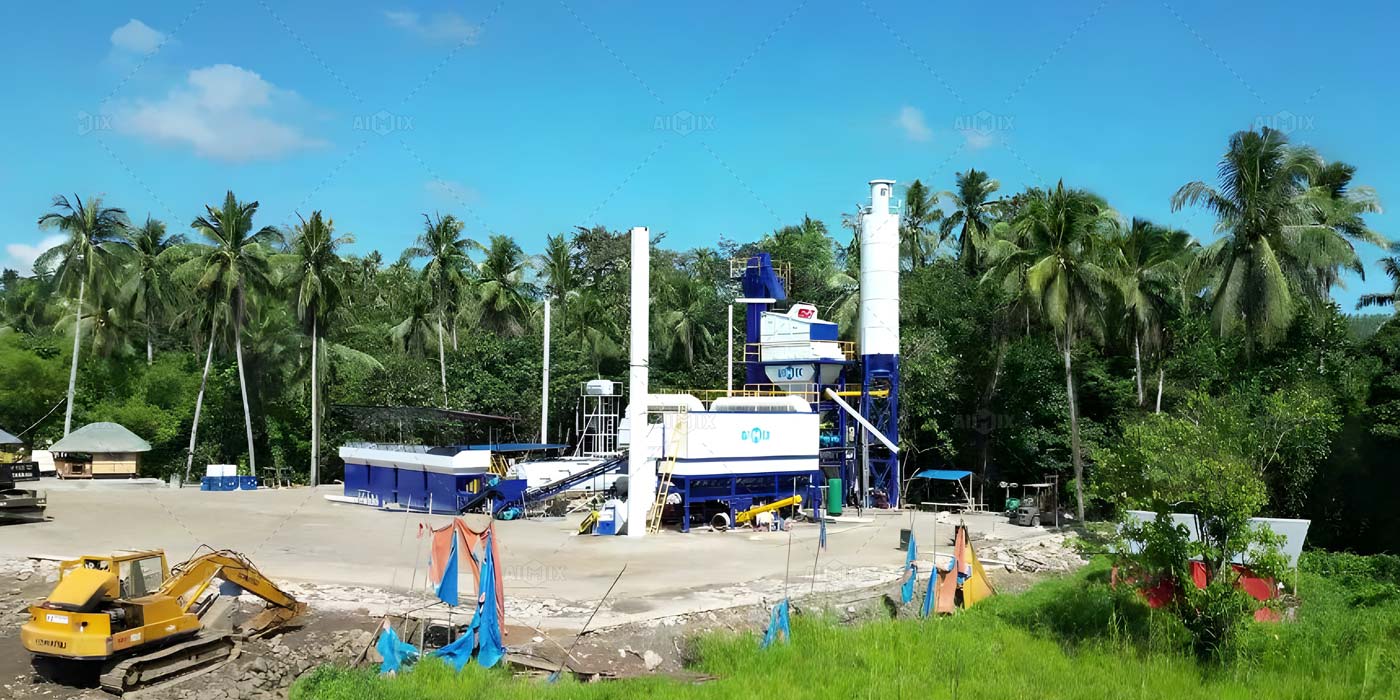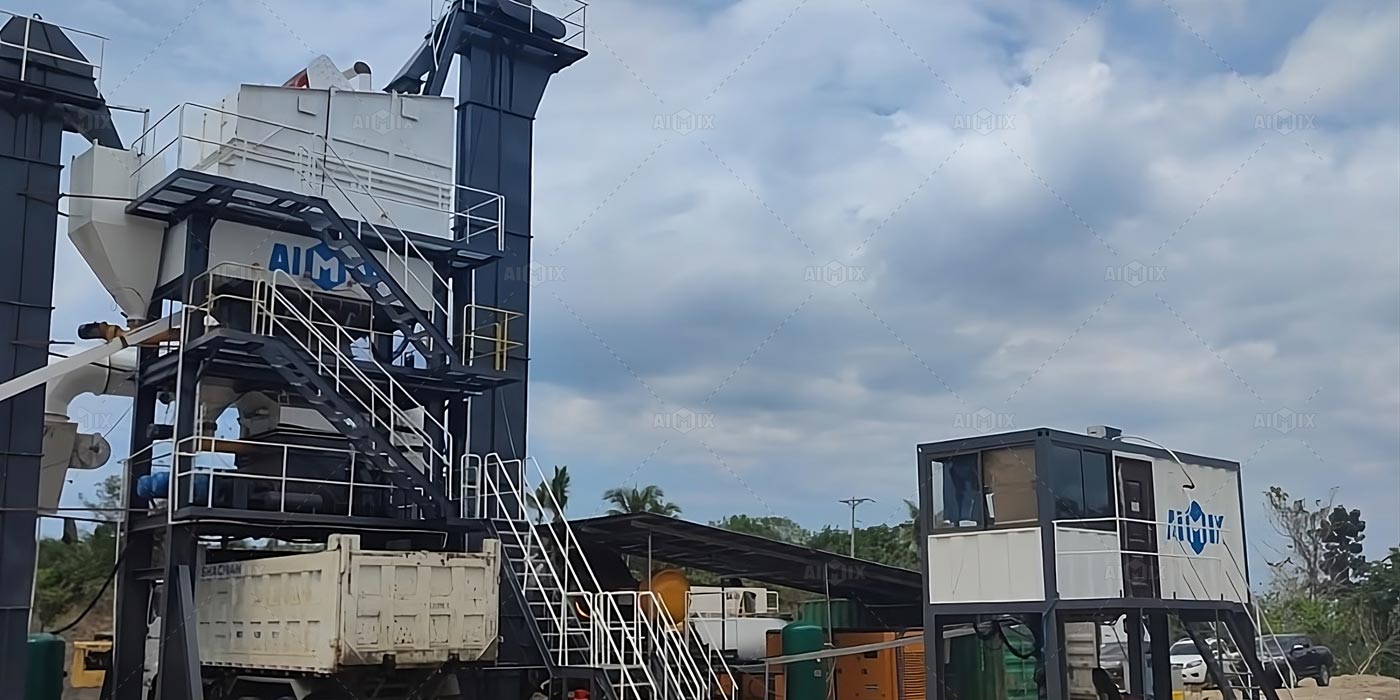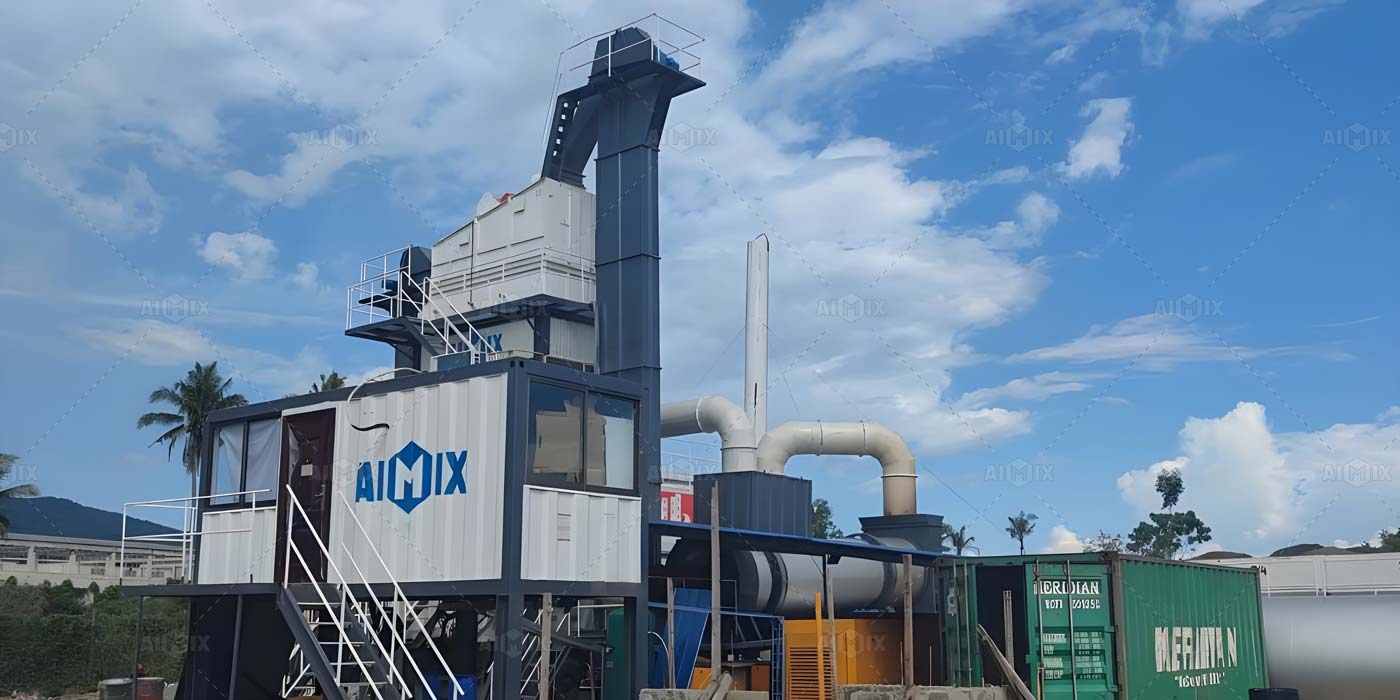Choosing the right asphalt hot mix plant is critical for the success of any highway project. The capacity of the hot asphalt mixing plant directly impacts your efficiency, cost-effectiveness, and project timeline. If you’re planning a highway construction project, determining the right plant capacity is a crucial first step. This article guides you through the factors to consider and offers insights to make an informed decision.

Understanding Project Requirements
The first step in determining the capacity is to analyze your project’s requirements. Start by assessing the total asphalt volume needed for the project. Calculate the required daily output based on the construction timeline. For large highway projects, higher capacity plants are often necessary to meet tight deadlines. Smaller projects, however, may benefit from mid-range plants that are cost-efficient and versatile.
Additionally, consider the type of asphalt mix your project needs. Some mixes require specialized production processes that might limit plant output. Matching your plant’s capabilities with project needs ensures smooth operations and consistent quality.
Evaluating Construction Deadlines
Once you know the project scope, the next factor to consider is the timeline. Deadlines significantly affect your choice of plant capacity. For instance, if you need to complete the highway in a short time, a plant with high production rates becomes essential. Conversely, flexible timelines may allow you to use smaller plants, reducing upfront costs.
Proper scheduling and coordination between material supply and plant operations can optimize the process, regardless of the plant’s size. This ensures your amp asphalt mixing plant operates at maximum efficiency, avoiding bottlenecks and delays.

Considering Location and Logistics
After evaluating deadlines, it’s crucial to consider the project’s location and logistics. The proximity of the stationary or mobile asphalt mixing plant for sale to the construction site plays a significant role. If the site is far from the plant, a higher-capacity plant might be required to offset transport time. Transportation delays can reduce the effectiveness of smaller plants, especially during high-demand periods.
Additionally, the availability of raw materials near the site can influence the plant’s capacity. Easy access to aggregates and bitumen can sustain steady production rates, while remote locations might require a buffer in production capacity to account for delays.
Assessing Budget Constraints
Your budget is another essential factor in deciding plant capacity. Larger capacity plants come with higher initial investments but may offer better cost efficiency in large-scale projects. On the other hand, smaller plants can be more economical for limited budgets but might require longer operational hours to meet demand.
Balancing your project’s financial constraints with operational needs is key to making the right choice. Consider potential savings in operational costs and time when evaluating your options.

Why Choose AIMIX for Your Asphalt Hot Mix Plant?
Determining the right plant capacity requires careful analysis of multiple factors, from project scope to logistics and budget. At AIMIX, we understand these challenges and offer a wide range of asphalt hot mix plants tailored to meet diverse project needs. Whether you’re working on a small rural road or a large highway, our plants are designed for efficiency, durability, and easy operation.
Contact us today to explore our asphalt plant solutions and find the perfect match for your project. Let AIMIX be your trusted partner in delivering high-quality results and maximizing project success! Get to know the asphalt mixing plant price at right!
